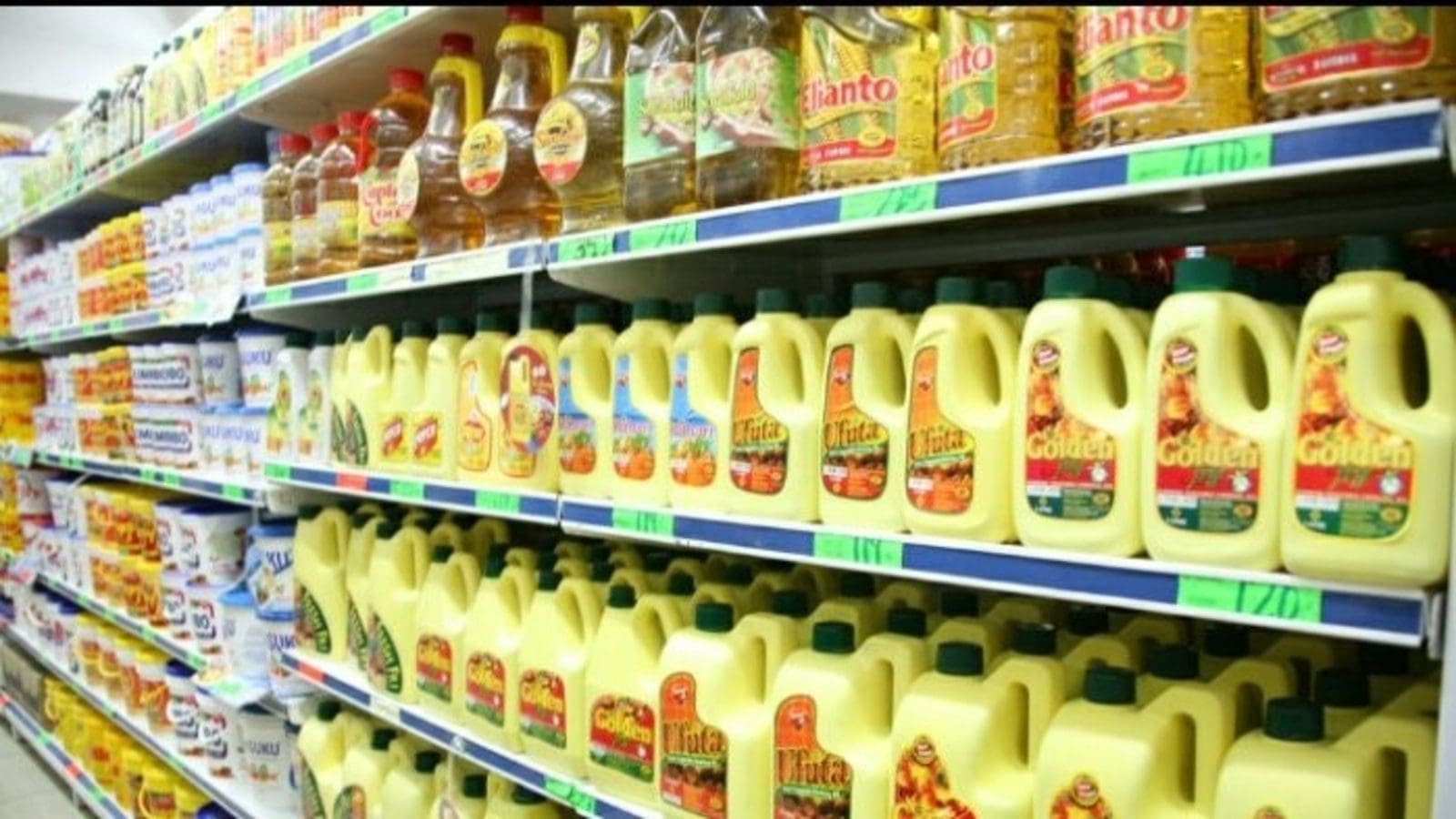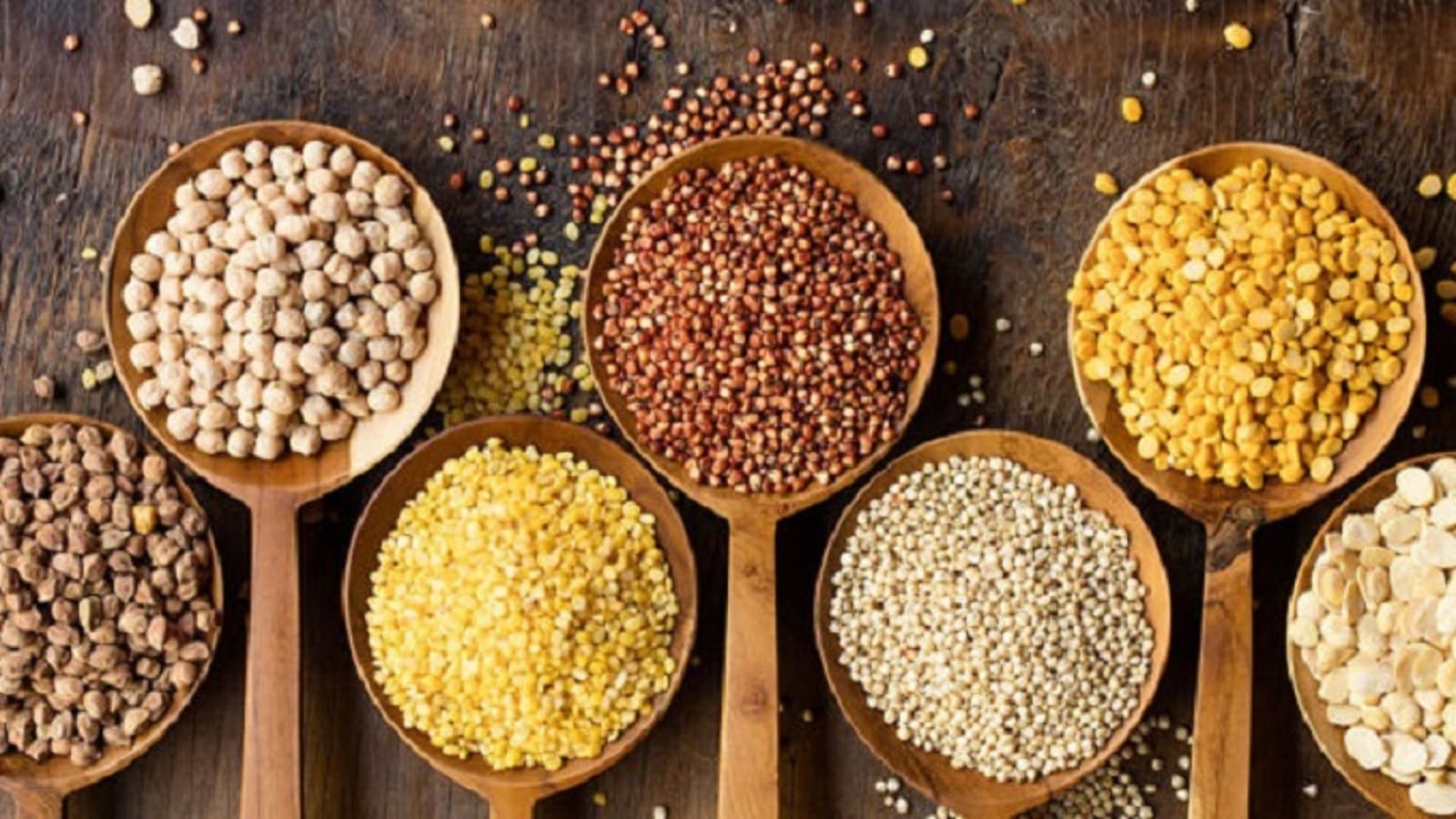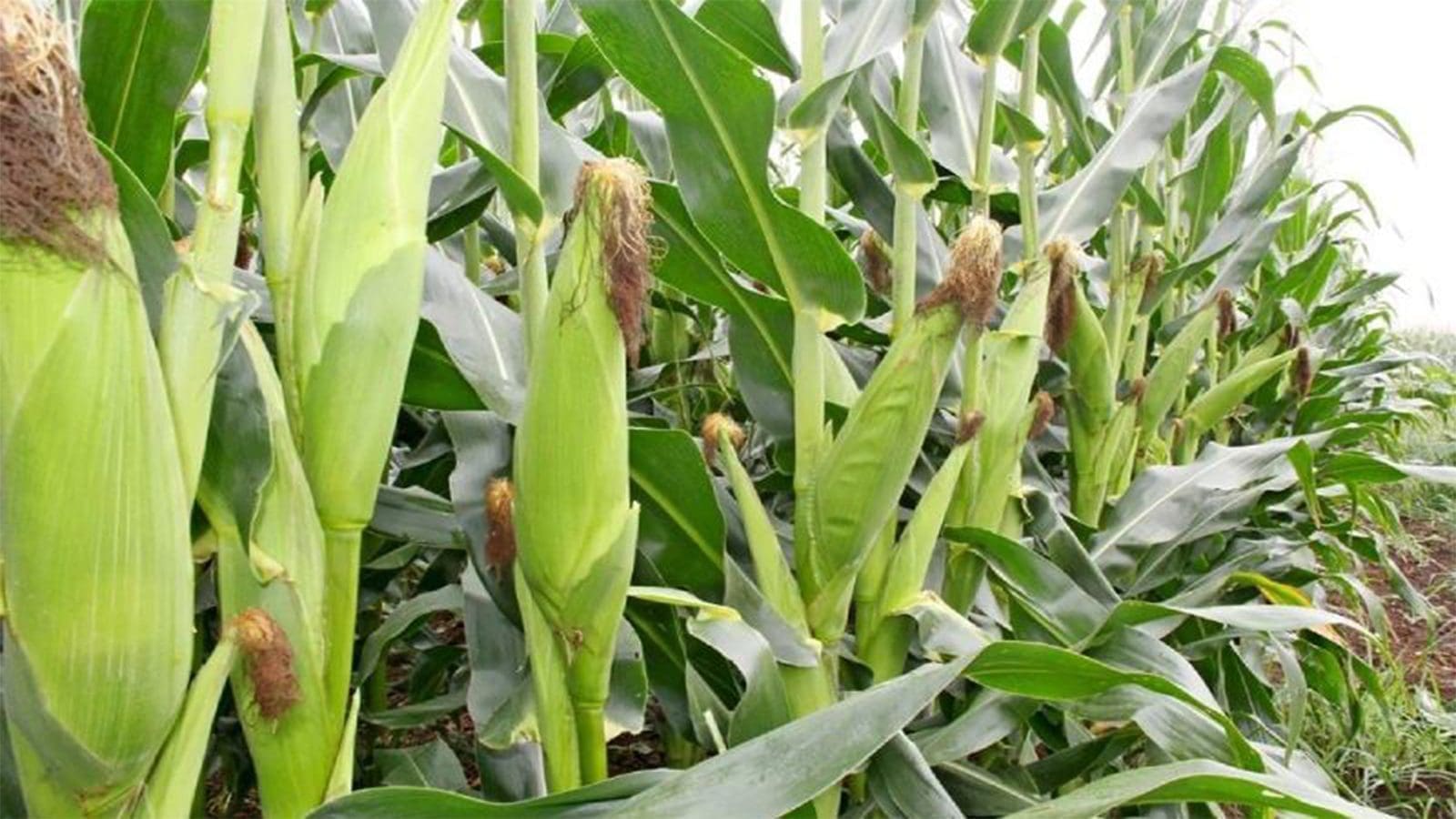KENYA – The Kenyan Association of Manufactures (KAM) has expressed fear that over 100,000 Kenyans in the edible oil manufacturing sub-sector, including nuts and oil crops farmers, now stand to lose their jobs if the country goes ahead to import duty-free edible oil.
According to Citizen News, KAM has warned in a memorandum to the government citing that the duty-free importation of edible oils could equally signal the closure of decades-old key industries and a Ksh.52 billion loss in taxes annually.
The new memorandum comes on the heels of yet another condemnation by KAM after the State allowed the importation of cooking fat and oil duty-free for one year.
This was despite the existence of the East African Community-Common External Tariff (EAC-CET) trade regime, which puts imported finished goods such as edible oil in a tax band that attracts a 35 percent import duty to encourage and promote local producers.
While referring to the Kenya National Bureau of Statistics (KNBS) 2022 Report, the manufacturers stated that KAM Food contributed an estimated 2.1 percent revenue to Kenya’s overall share of manufacturing Gross Domestic Product (GDP).
Hence, the manufacturers urged Ruto’s government to put in place measures that will cushion them from cheap imports of edible oil.
The memorandum was directed to Industry Principal Secretary Dr. Juma Mukhwana where the conglomeration noted that they understand the government wants to intervene on the cost of the commodity, but the directive is hurting the sector.
In defense, KAM noted that Kenya has a vibrant Edible Oil Processing industry made up of 13 manufacturers with a combined installed production and processing capacity of approximately 2MMT per year.
However, some of the challenges facing the edible oil sector were supply chain disruptions, trade issues, quality, and environmental concerns coupled with a long standoff between the government and edible oil manufacturers over taxes.
Kenyan manufacturers refine edible oils from a crude form into finished form palm oil, rapeseed oil, sunflower oil, corn oil, and soybean oil imports from South-East Asian countries.
The conglomerate has therefore called upon the government to alleviate taxes on the importation of raw materials as opposed to finished products to ensure manufacturers in the sector are not at stake.
According to KAM, the cost of producing 20 liters of edible oils without VAT stood at Ksh.3,498 locally, with duty-free 20 liters of the same product retailing at Ksh.3,646, upsetting the market trends.
The addition of a myriad of taxes, including the nuts and oils development levy of 2%, a Railways Development Levy (RDL) of Ksh.39 per ton, pushing the prices up to Ksh.4,469 per 20-litre jerry can made locally, compared to Ksh.4,229 for the imports.
Meanwhile, to cushion Kenyans from the prevailing high costs, KAM has implored the government to scrap the RDL, the Import Declaration Fee (IDF) as well as the newly- introduced 2% import fee levied on raw materials imposed under the Crops (Nuts and Oil Crops) Regulations of 2020.
For all the latest grains industry news from Africa, the Middle East and the World, subscribe to our weekly NEWSLETTERS, follow us on LinkedIn and subscribe to our YouTube channel










